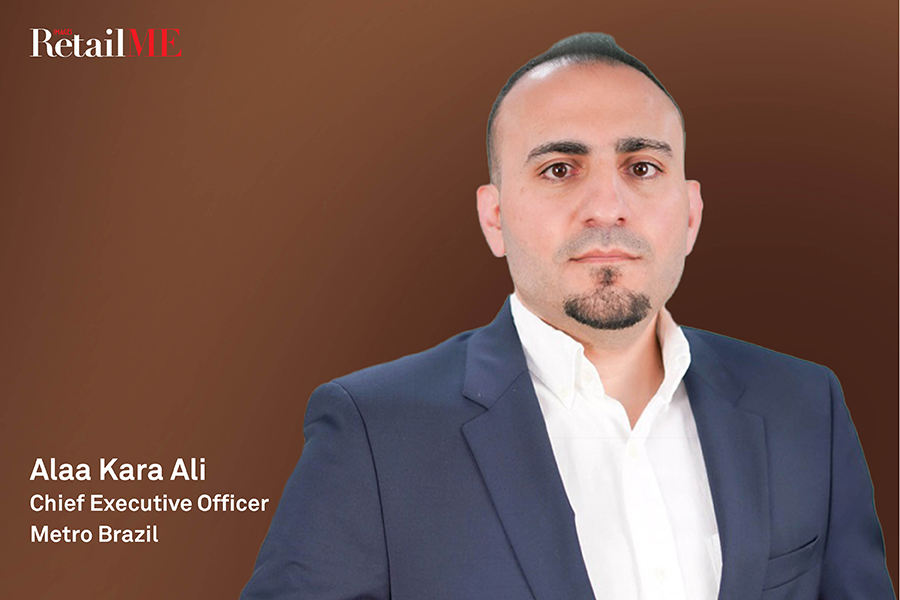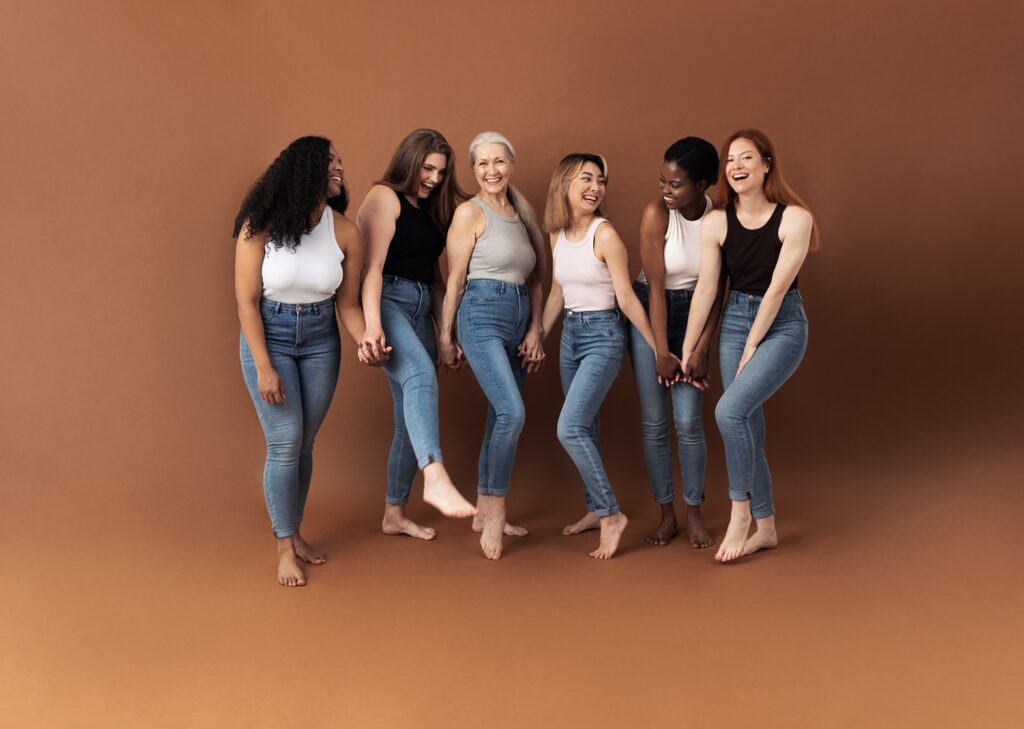
Alaa Kara Ali, Chief Executive Officer, Metro Brazil
Acting as a bridge between Brazil and GCC markets offering a compelling range of luxury Brazilian shapewear products, Metro Brazil aims to empower individuals and increase their self-confidence.
Metro Brazil at a Glance
Year of Launch: 2017
Business Milestones over the Past 12 Months:
Growth Goals:
Funding Status: Currently preparing to secure venture capital investments to accelerate expansion regionally and globally, while allocating resources towards product development, marketing initiatives and infrastructure developments.

In conversation with IMAGES RetailME, Alaa Kara Ali, Chief Executive Officer of Metro Brazil discussed the demand for shapewear in the Middle East region and its resulting effect on his business.
Let’s start with your thoughts on the shapewear market in the Middle East and its impact on retail.
The demand for shapewear in the Middle East offers a profitable opportunity to capitalise on the rising customer demand for body enhancing products while meeting the region’s changing cultural standards and fashion tastes. Our research indicates that the addressable market for shapewear in the GCC region is predicted to grow by 1.83% to reach $3.5 billion in 2028, versus the global addressable market that’s expected to touch $218.19 billion, representing a 3.98% growth. The growth of shapewear products is majorly driven by factors including enhanced awareness about health and wellness, evolving fashion trends and growing preferences for body positive products. As the region’s fashion preferences evolve aligned with changing global trends, the demand for shapewear will continue to increase. Further, the emergence of e-commerce platforms – such as Metro Brazil – has also contributed to the growth of the shapewear market in the region.
How is Metro Brazil fuelling demand within this market segment?
We have played a significant role in transforming the Middle Eastern shapewear industry by introducing cutting-edge Brazilian products that are well-suited to the varied cultural tastes and demography of the region. Our commitment to inclusivity has resonated well with customers, as we provide a wide selection of sizes and designs to cater to all body shapes and preferences. As a result, we’ve been able to record significant growth.
Are there any unique challenges that you’ve had to navigate in the region?
Even though we have recorded growth, our journey hasn’t been free from challenges. These include understanding cultural differences and regulatory intricacies. We have effectively overcome these challenges through the implementation of various proactive communication strategies, in-depth market research and productive collaborations with local partners.
How has the brand leveraged tech-based solutions to offer a seamless and personalised CX while also ensuring accurate inventory management?
Our technological innovations have enabled us to provide a customised, effective and secure e-commerce shopping experience. For example, we leverage customer data and advanced algorithms to recommend shapewear products based on prior purchases and personal preferences. On the other hand, we use cutting-edge security technology to protect customer data by implementing measures, such as multi-factor authentication and encryption methods. In addition, our platform’s interactive instructions and educational content enable customers to understand the essential characteristics of our shapewear products facilitating the buying process. To further offer customers a seamless shopping experience across multiple touchpoints, we have adopted an omnichannel strategy, integrating our online and physical sales platforms. As for inventory management, data mining and analytics help us to interpret customer behaviour and preferences to be able to efficiently control inventory levels, predict changes in demand and maximise product availability, all of which contribute to a seamless customer shopping experience and lower inventory-related expenses.
What are some key steps that you are undertaking to create an agile supply chain?
To ensure a dependable and effective supply chain network, we have formed strategic alliances with several manufacturers and suppliers to source high-quality materials and streamline production processes. This provides us with the flexibility to swiftly adapt to changing market demands. Furthermore, we also guarantee on-time order delivery through our collaboration with Aramex and DHL. Additionally, we have made significant investments in cutting-edge supply chain optimisation and inventory management solutions. We can efficiently meet customer needs by forecasting demand, minimising stockouts and optimising inventory levels by utilising data analytics and automation.
Notifications
You must be logged in to post a comment.